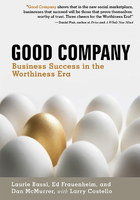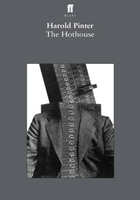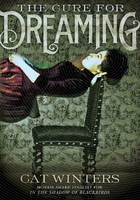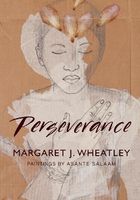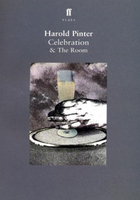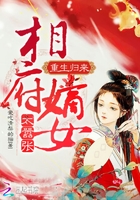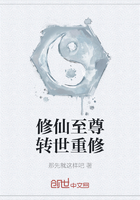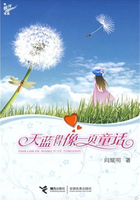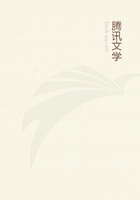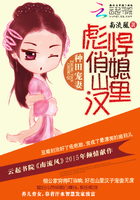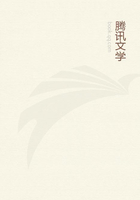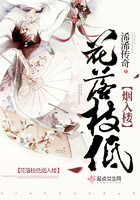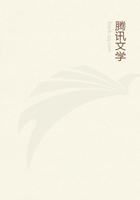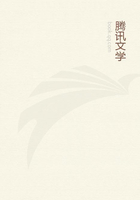Introduction by Barrie Pitt
It is not generally appreciated in the West that, for Japan, the attack on Pearl Harbor was just another event in a war she had already been waging for over four years. Undoubtedly it was an extremely important event, but one undertaken not so much for reasons of hostility to the United States—though this certainly existed—as for the necessity to obtain the essential raw materials which would enable her to consolidate her hard-won gains in China.
When Japan went to war against China in 1937 she did so with the tacit permission and indeed encouragement of the United States, who wanted Japanese ambition diverted from the Pacific and also as much commercial advantage as could be obtained from any situation. As month followed month, the Japanese armies by their very success moved further and further away from the homeland, needing more and more trucks to move the men, more armoured vehicles to protect thin-skinned transport, and more air cover to protect them all. And much more oil to fuel everything.
At first Japan had little difficulty in securing everything she needed, and her military adventure prospered, driving deeper and deeper into China, occupying more and more territory. Then came 1940 and a sudden, severe curtailing of essential supplies; in September America imposed an embargo on rubber and in July 1941 froze all Japanese assets in the United States and announced an oil embargo against 'all aggressors'—letting Japan know quite clearly that this was a category in which she herself was included.
Almost ninety per cent of Japan's oil supplies vanished at a stroke, together with important proportions of other essentials. Japan was faced with either abandoning the hardly-won gains of two years' fighting, together with a loss of prestige and face which no eastern nation could afford, or else acquiring other sources of supply. As it happened, other sources of the essential oil were not far away; Borneo, Java, and Sumatra could supply Japan's foreseeable needs and there was also what could be regarded as a reserve supply farther north in Burma—but the only way in which to obtain them was by the rapid, comprehensive, and successful military occupation of a vast area.
Different nations possess different philosophies and different attitudes to such matters as war, because they have experienced different histories. As a result of the tradition of western thought, we of the West tend to look upon 7th December 1941—the day of the attack on Pearl Harbor—as The Day of Infamy, and on 15th February 1942—the day Singapore surrendered—as a Day of Tragedy.
There is a different point of view. To the Japanese 7th December 1941 was the day on which they chose enormous risk, with valour and honour, instead of weak capitulation with cowardice and shame; and 15th February 1942 was The Day of Infamy, when, to their incredulous eyes, beings wearing the uniform of soldiers were so lost to all idea of honour that they gave up fighting while still in possession of their faculties, while they still possessed arms with which to defy their foes. One Japanese soldier was so stricken by the sight that, even while his spirits were buoyed up by victory, he was made to feel ashamed of his humanity by this demonstration that human beings could act so basely.
Japan obtained the sources of oil, and the equally essential clear passageway for the oil back to the mainland, in an explosion of military energy which astounded the world. As Dr Kennedy says in this fascinating book, 'The Japanese onslaught in the Far East was one of the most successfully swift and extensive campaigns in the history of warfare. Within four months they had captured Hong Kong, Malaya, Singapore, the Dutch East Indies, southern Burma and most of the Philippines; within another month Corregidor was to surrender and the British be pushed out of Burma. And the cost to Japan of this great victory?—15,000 men, 380 aircraft and 4 destroyers.'
And this did not seem to be the end. The Battle of the Coral Sea did not immediately appear as an American victory, and indeed it needed the prescience of Yamamoto to realise that Midway was a disaster for Japan from which it was unlikely she would be allowed to recover. The bitter agonies of Guadalcanal and the Kokoda Trail would last for many months before signs appeared that the flood tide of the Japanese Empire was over—was in fact about to turn.
This vast panorama of military conquest is depicted here by Dr Kennedy with a lucidity and excitement which compels the highest admiration, and I have no doubt that all readers of the pages which follow will anxiously await its sequel, now in preparation, which will tell the story of the long road back for the Allies, and the eventual collapse of Japanese military ambition.

